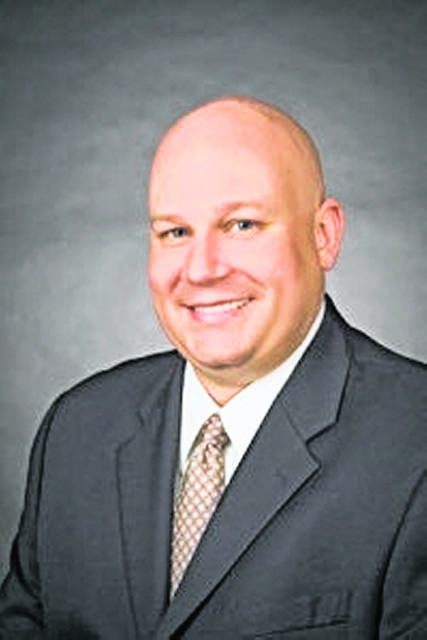Because of the immense expense of long-term care, many people (planners) eventually try to become eligible for nursing home Medicaid (or its sister programs for assisted living or in-home care) to pay for long-term care.
Planners usually work to satisfy the two, big requirements for nursing home Medicaid eligibility: having assets worth less than $2,000 in total and not giving anything away to become that poor within the five years immediately preceding the Medicaid application.
There are literally three ways to get poor enough for Medicaid to pay for long-term care.
First, a planner can gift assets outright. This is less than ideal for certain assets, because if certain assets are eventually sold (stocks, real estate, etc.), the gift receivers may face significant capital gains taxes, because the planner did not own the assets at the time when the planner died.
Attorneys sometimes organize the gift receivers (usually the planner’s kids) as owners/members of an LLC. The LLC itself does not provide any protection, because the LLC is simply an organizing tool. Thus, the gift, not the LLC, provides Medicaid protection.
Second, a planner who owns real estate can keep a life estate that “cannot be sold or transferred” while deeding the real estate to others (usually the planner’s kids) only at the moment when the planner dies.
Attorneys sometimes organize the owners of the real estate after the planner dies as owners/members of an LLC. Like outright gifts, the giving of the real estate after the life estate terminates, not the LLC, provides Medicaid protection.
This type of life estate can provide capital gains tax relief to the eventual owners when the eventual owners sell the real estate, because the planner will have technically owned the real estate when the planner died.
However, if the planner owns the real estate when the planner dies, Medicaid will place a lien (like a mortgage) against the real estate to recover up to the total amount that Medicaid paid for the planner’s care. This is called “Medicaid recovery.”
Some attorneys try to avoid Medicaid recovery by putting conditions on the life estate so that if a planner needs long-term care, the life estate terminates right before the planner needs that long-term care. Of course, in so doing, the planner will not own the real estate when the planner dies, so there may be significant capital gains taxes for the eventual real estate owners if they ever sell the real estate.
Thus, placing conditions on a real estate life estate usually, at best, does nothing other than to avoid Medicaid recovery without possibly decreasing or eliminating capital gains taxes for a planner’s kids.
Third, the only way to legitimately protect assets, avoid Medicaid recovery and position eventual owners of assets to decrease or avoid capital gains tax is to use a properly structured irrevocable trust. A proper irrevocable trust will include a great deal of flexibility, despite the trust being called irrevocable.
Plainly, LLCs are simply window-dressing for two inferior alternatives to irrevocable trusts.
Lee R. Schroeder is an Ohio licensed attorney at Schroeder Law LLC in Putnam County. He limits his practice to business, real estate, estate planning and agriculture issues in northwest Ohio. He can be reached at [email protected] or at 419-659-2058. This article is not intended to serve as legal advice, and specific advice should be sought from the licensed attorney of your choice based upon the specific facts and circumstances that you face.







